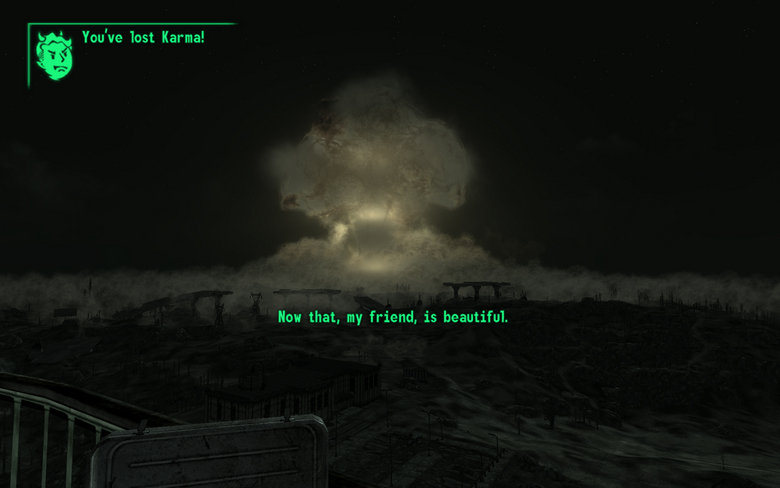 |
| Oh well, I'm sure it'll be fine. |
Among American nuclear weapons policy experts, there are a some widely-accepted norms. Among these are a few central ideas:
- The use of nuclear weapons must be a civilian-initiated decision because the Constitution gives civilian government primacy over the military
- Expert military and civilian perspectives are paramount to WMD strategy because nuclear weapons have both martial and political implications
- The launch process should follow a clear, standardized chain of command that must originate at the highest level of government because nuclear weapons carry far reaching implications in the international community
- The use of nuclear weapons has staggering moral implications due to the potential for mass destruction in a short period of time and as such, WMDs should be a tool of last resort
- Nuclear weapons have as much (or more) value as symbolic political tools as they do as actual weapons because of the international culture that has been constructed around the weapons
There are also serious concerns that some nuclear-armed states are prone to put command of nuclear forces with military leaders in the field. This is particularly worrisome because (a) military leaders might be more likely to use tactical nukes when under serious pressure mid-combat and (b) though these countries are not bound by the standards of civilian control of the military, their nukes carry the same international implications as ours.
As fun as it looks, I would prefer not to...
So, the US may have some issues with our nuclear arsenal and its management. We may even be the only nation to use nukes in aggression. But we remain the global leader of responsible nuclear policies such as PAL reform and disarmament. This is due in no small part to our embrace of the values described above. These values have helped with restraint and peace so far, and even if some politicians disagree with them, they're the best ideas humans have come up with yet for the responsible stewardship of such destructive weapons.

No comments:
Post a Comment